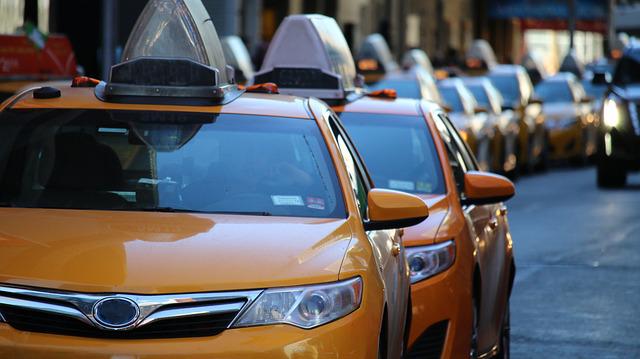
Pandemic restrictions are lifting and most bosses and companies are accepting that remote work is here to stay. And as employees continue to enjoy the benefits of working from home, they are also looking for homes to work in. The rental market is fierce these days, with prime interest in Florida and across the Northeast region of the U.S.
A review of recent real estate data released in June by RentCafe, a subdivision of Yardi real estate software, indicates that Miami-Dade County, with its 20+ miles of beaches, had the most competitive rental market during the first third of 2022. Orlando and other parts of Southwest Florida are also in the top-ten list of cities, as are Harrisburg, Pa., North and Central Jersey, Grand Rapids, Mich., Rochester, N.Y., and Milwaukee.
What these cities all have in common is their excellent school systems, tranquil lifestyles, and family-friendly communities. The demand for rental properties is driven by high housing prices that have not budged in years and climbing mortgage rates prompting buyers to delay their purchase and seek a rental lease. While some cities are accommodating the increased demand, like Miami-Dade County where additional units were released to the rental market, other cities are not as quick to meet the need: Harrisburg, PA did not add any new apartments in the last four-month period, causing most tenants to renew their leases instead of moving out.

















